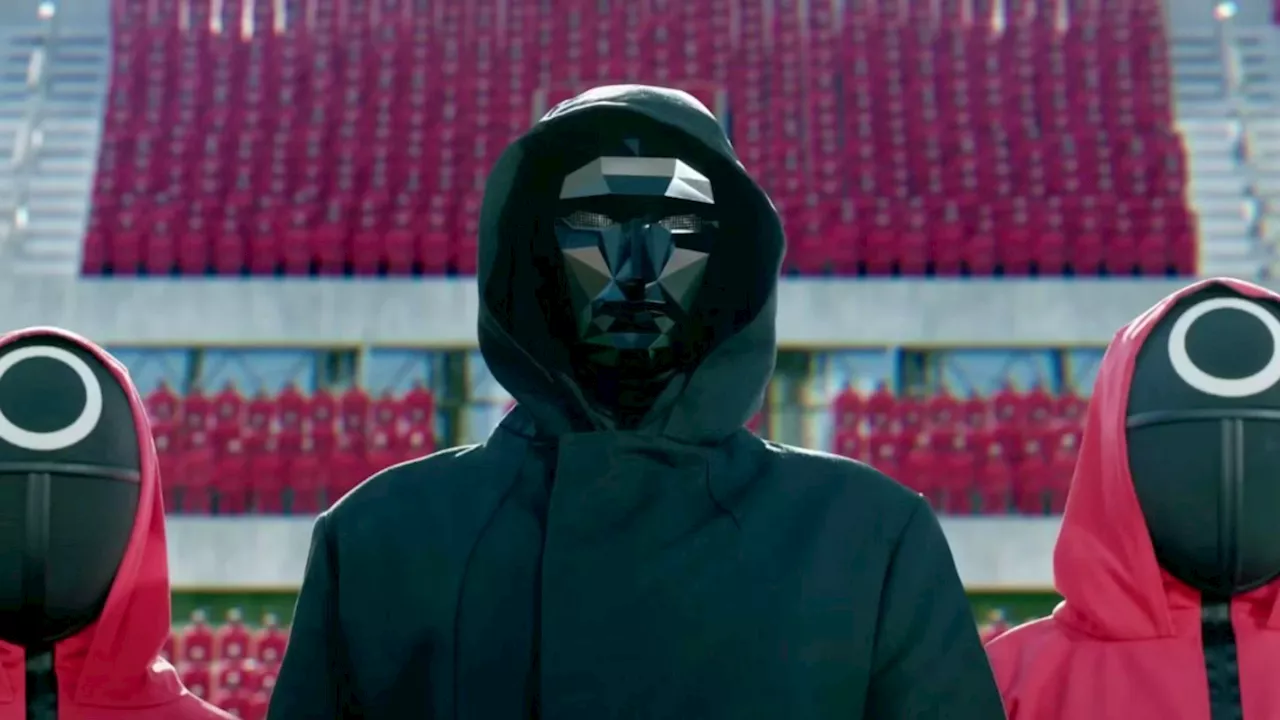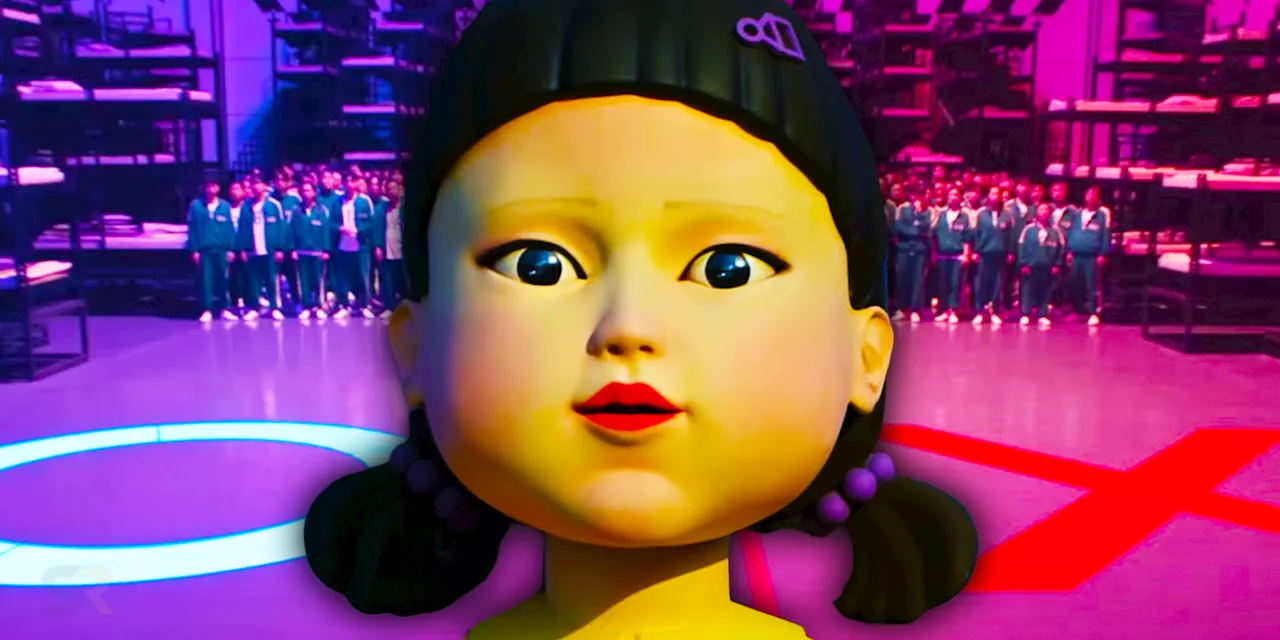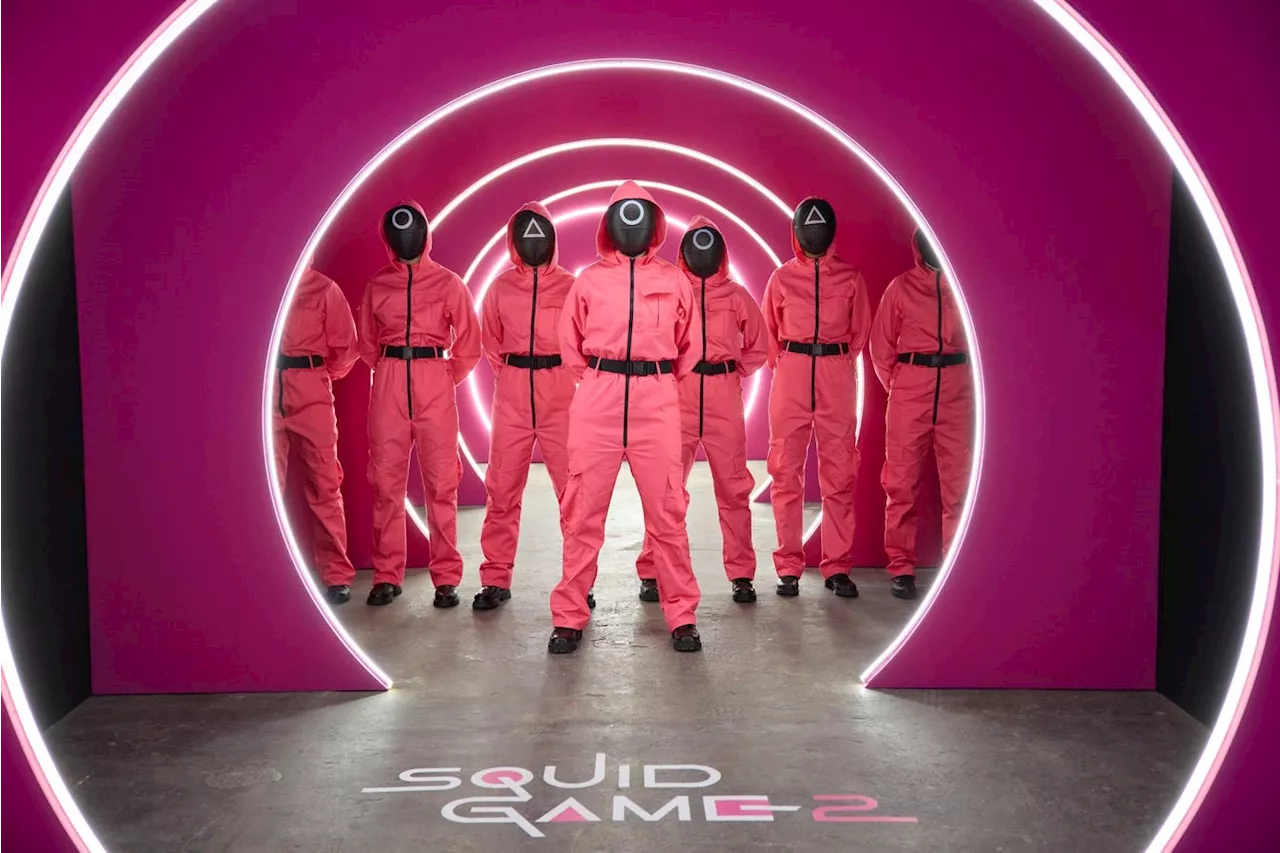Squid Game, the popular TV series, delves into the darkest corners of human nature, examining how individuals react in a high-stakes environment where survival depends on compromising morality. This text analyzes the show's compelling themes, exploring the psychological influences behind decisions made in the face of death and the pressures of group dynamics.
We all like to believe that we know how we'd react in a situation like the popular TV series Squid Game offers us a unique take on the human experience. The show follows a group of financially desperate individuals invited to compete in a series of beloved childhood games—with a deadly twist—for a massive cash prize. As the stakes rise, players confront the brutal consequences of their choices, revealing the darker side of humanity.
People find the show so compelling that its themes have extended beyond fiction into reality, even creating a real-world competition inspired by the series—minus the deadly consequences. It's the kind of show that keeps you wondering—what would I do in the same situation? Most of us would like to believe that we'd valiantly take on the role of Seong Gi-hun, played by Lee Jung-jae, the show's protagonist and martyr, but behavioral patterns are more complicated than that. Most people like to believe that they have a strong moral compass. That is probably true when faced with the relatively “normal” challenges of day-to-day life. Many of us find it easy not to steal or hurt the next person for our gain, because our needs are likely already met. However, in the intense and unforgiving world of Squid Game, participants face this gut-wrenching dilemma repeatedly. While it’s easy to hate characters like Thanos “the rapper”—season two’s self-proclaimed bad boy—for his questionable actions and choosing his well-being over others, psychological research suggests that most of us would probably do previously unimaginable things when our survival is at stake. Studies have found that severe stress alters cognitive and emotional function. This means that when faced with extreme circumstances, we have trouble thinking straight and controlling our emotions. These extreme feelings will likely cause many people to prioritize self-preservation over other people’s well-being, as we are wired for survival—usually at any cost. Squid Game does a masterful job of illustrating this through characters who must navigate increasingly complex moral mazes. Each decision point forces them—and us as viewers—to confront uncomfortable questions about morality. Watching the hero keep his cool and put everyone’s needs before his own makes for good television, but most of us would likely struggle to uphold a high moral standard when facing the game’s horrors. After each game, participants can vote on whether to continue or leave. After witnessing the brutal and senseless deaths of their peers, one might assume the choice would be obvious. However, Squid Game powerfully illustrates the influence of mob mentality, showing how collective pressure can override individual judgment. The show presents this phenomenon in its rawest form. We, as the audience members, watch as participants are bullied, coerced and even threatened to stay in the game. It shows how people can lose their sense of choice when part of a group, leading to actions they would never consider alone. Squid Game discusses how group dynamics can influence individual reasoning. The author suggests that large crowds can be made irrational, often due to charismatic leadership, and shows how most people choose to go with the grain. Money might get people through the door, but what keeps them playing? The show depicts how individual motivation can evolve. Initially, all participants enter for financial gain—a classic example of extrinsic motivation. However, as the games progress, we also witness a shift toward intrinsic motivators like redemption, pride and personal relationships. This is an important part of the show, because most people are willing to do many things for money, but without the drivers of internal motivation, no amount of money would be worth such a risk to ourselves and to others. Squid Game, in both its fictional and reality show formats, does more than entertain—it holds up a mirror to human nature under extreme conditions. Through its brutal games and complex character dynamics, we gain insight into how people navigate moral dilemmas when truly pushed to their limits. Do you know what you would do if you were in a dire situation like that of Squid Game? Take this test to find out: Our community is about connecting people through open and thoughtful conversations. We want our readers to share their views and exchange ideas and facts in a safe space. Insults, profanity, incoherent, obscene or inflammatory language or threats of any kind Continuous attempts to re-post comments that have been previously moderated/rejected Attempts or tactics that put the site security at risk Protect your community
Entertainment Squid Game Human Behavior Morality Psychology Group Dynamics Survival Reality TV Television
United States Latest News, United States Headlines
Similar News:You can also read news stories similar to this one that we have collected from other news sources.
 'Squid Game' Cast Answer The Most Googled Squid Game QuestionsSquid Game stars Lee Byung-hun, Lee Jung-jae, Lee Seo-hwan, Jo Yu-ri, Yim Si-wan, Kang Ae-sim, and Yang Dong-geun answer the most searched for questions about the internationally-acclaimed show. Season 2 of Squid Game releases December 26 on Netflix Director: Jackie Phillips Director of Photography: AJ Young Editor: J.Y.
'Squid Game' Cast Answer The Most Googled Squid Game QuestionsSquid Game stars Lee Byung-hun, Lee Jung-jae, Lee Seo-hwan, Jo Yu-ri, Yim Si-wan, Kang Ae-sim, and Yang Dong-geun answer the most searched for questions about the internationally-acclaimed show. Season 2 of Squid Game releases December 26 on Netflix Director: Jackie Phillips Director of Photography: AJ Young Editor: J.Y.
Read more »
 Netflix Leverages Squid Game Phenomenon for Video Game LaunchNetflix is using the popularity of its hit show Squid Game to promote its new video game based on the series. The game will reward users for watching the show and offer exclusive in-game content for binge-watchers.
Netflix Leverages Squid Game Phenomenon for Video Game LaunchNetflix is using the popularity of its hit show Squid Game to promote its new video game based on the series. The game will reward users for watching the show and offer exclusive in-game content for binge-watchers.
Read more »
 The Meaning of the 'Bread and Lottery' Game in Squid Game Season 2This article delves into the enigmatic 'bread and lottery' game introduced in Squid Game season 2, analyzing its symbolism and the Salesman's motivations.
The Meaning of the 'Bread and Lottery' Game in Squid Game Season 2This article delves into the enigmatic 'bread and lottery' game introduced in Squid Game season 2, analyzing its symbolism and the Salesman's motivations.
Read more »
 Squid Game Season 2: Gi-hun's Uprising Against the Game MastersSeason 2 of Squid Game sees Gi-hun using his winnings to uncover the truth behind the deadly games. He re-enters the competition with a plan to expose the organizers, but they are always one step ahead. A new twist allows players to vote on whether to continue playing after each game. Gi-hun rallies his team, emphasizing the value of human life over money. They orchestrate a daring rebellion, using the guards' own tactics against them.
Squid Game Season 2: Gi-hun's Uprising Against the Game MastersSeason 2 of Squid Game sees Gi-hun using his winnings to uncover the truth behind the deadly games. He re-enters the competition with a plan to expose the organizers, but they are always one step ahead. A new twist allows players to vote on whether to continue playing after each game. Gi-hun rallies his team, emphasizing the value of human life over money. They orchestrate a daring rebellion, using the guards' own tactics against them.
Read more »
 The Most Difficult Game to Film in Squid Game Season 2The six-legged race in Squid Game season 2 proved to be the most challenging game to film, causing illness and exhaustion among the cast and crew.
The Most Difficult Game to Film in Squid Game Season 2The six-legged race in Squid Game season 2 proved to be the most challenging game to film, causing illness and exhaustion among the cast and crew.
Read more »
 Squid Game Season 3's First Game Will Be Its Most ExcitingThe upcoming season of Squid Game promises even more thrilling games, with the mid-credits scene of season 2 teasing the next big competition.
Squid Game Season 3's First Game Will Be Its Most ExcitingThe upcoming season of Squid Game promises even more thrilling games, with the mid-credits scene of season 2 teasing the next big competition.
Read more »
